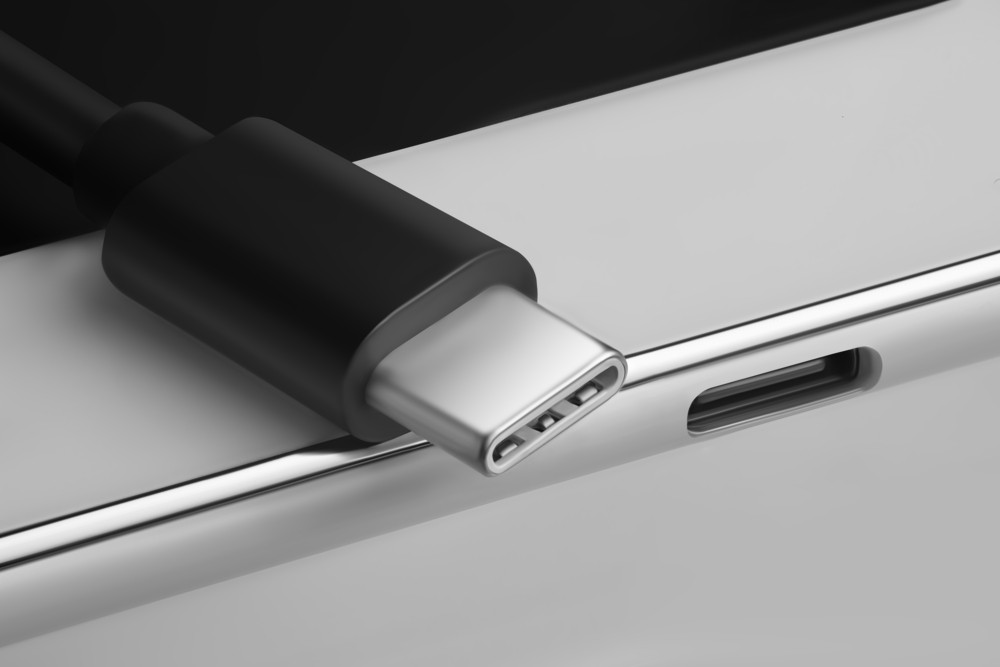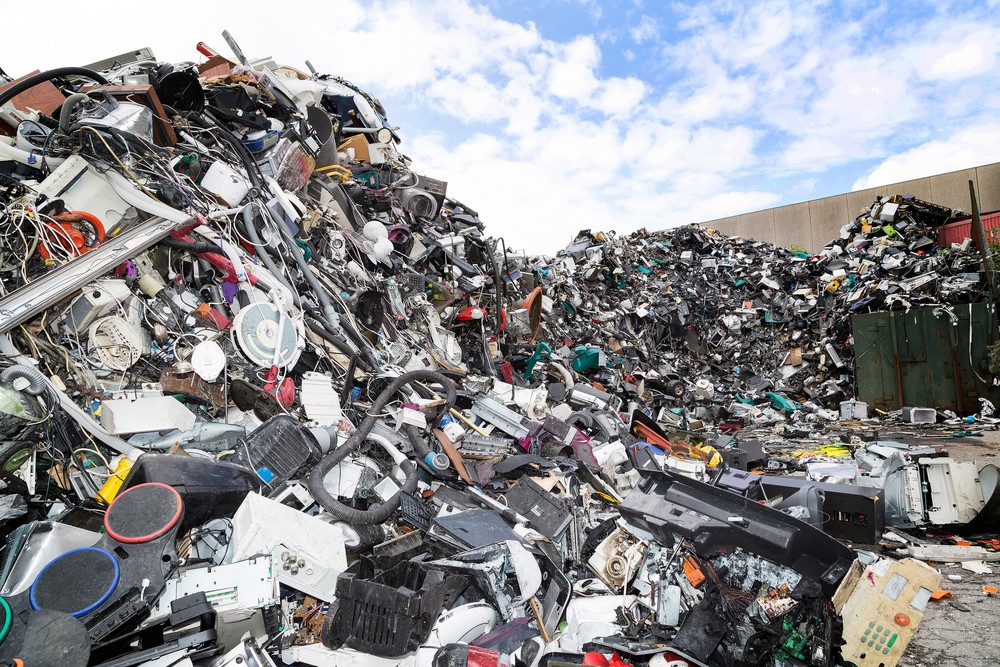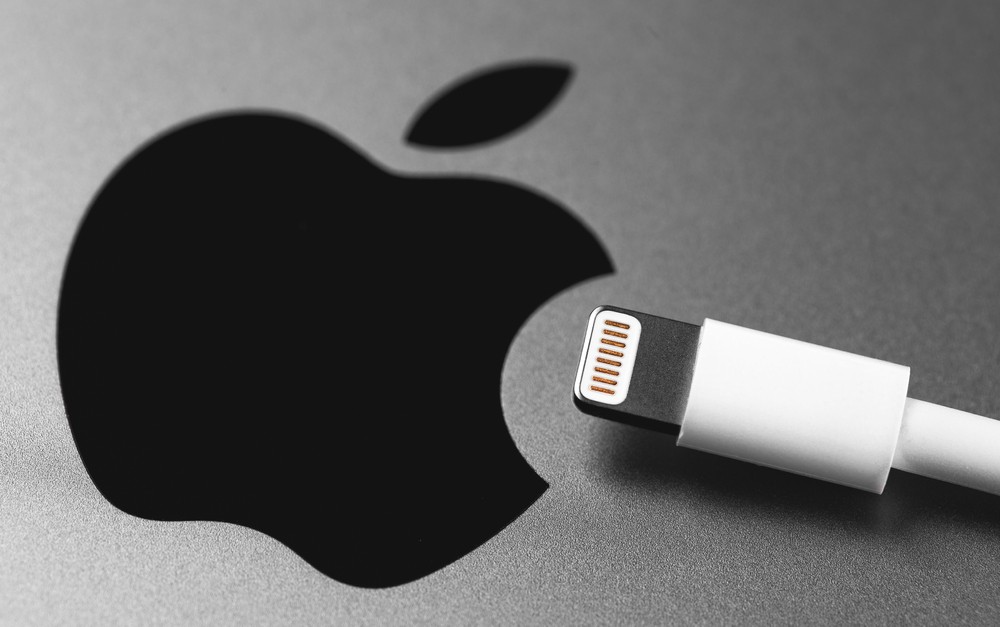When Competitive Advantage Becomes a Liability

If you’re an iPhone owner, you’re familiar with the frustration of finding yourself without a handy charger. Unless you run into another iPhone user, chances are public charging utilities won’t have the proprietary cord you need. Apple’s Lightning Charger has drawn criticism since its debut — and now, the European Union is stepping in to demand change. The EU recently revealed plans aimed at forcing Apple to adopt the USB-C standard for its charging cables. Apple is likely to fight the move, but it’s a battle it could lose.
Less about public outcry — more about e-waste
While there are plenty of reasons to loathe Apple’s proprietary charger, the EU is most concerned about the 11,000 metric tons of electronic waste Europeans discard every year. Much of the waste comes from devices without cross compatibility, including Apple’s charging cables. As planned obsolescence creates device churn, more and more chargers end up in landfills.
The EU’s internal market commissioner Thierry Breton recently spoke about their move to reduce this electronic waste, “With our proposal, European consumers will be able to use a single charger for all their portable electronics — an important step to increase convenience and reduce waste.”

Apple commented on the EU’s proposal, restating its own commitment to environmental safety while simultaneously questioning the proposal and whether it is in the best interest of consumers.
The right to buy a phone without a charger
The EU found most Europeans own approximately three chargers but usually only use two. As a result, roughly one-third of charging accessories produced effectively go to waste. The proposed EU legislation also seeks to cut back on this overabundance by giving consumers the ability to buy a new device without yet another included charger. For companies like Apple — which bundle all their phones with compatible charging accessories, it’s another stab at margins.
“European consumers were frustrated long enough about incompatible chargers piling up in their drawers,” said European Commission Executive Vice President Margrethe Vestager. She’s not wrong. Around 38% of Europeans reported they couldn’t find a charger compatible with their current phone amongst their collection of antiquated tech. It’s another example of e-waste that hasn’t yet hit the landfill — but will eventually.
A future world standard?
Before it becomes law, the EU’s proposal must pass a vote in the European Parliament. If passed, the legislation will affect all 30 countries in the EU, and electronic device companies will have to comply within two years. This could, in turn, destroy the monopoly Apple has on proprietary charging devices for its products. If the legislation passes without significant opposition, it’ll be a major step toward a greener future — and could quickly become the global standard.

Legislation takes aim at competitive advantage
Apple’s proprietary Lightning Charger is undoubtedly a competitive advantage for the company. It maintains a virtual monopoly on charging equipment to power its full suite of devices, but the EU ruling could effectively end Apple’s advantage and all the licensing, peripheral sales, and “sticky” ecosystem benefits that come with it. It’s a potential blow to be certain. How big a hit remains to be seen, and Apple is likely to lobby against the legislation. Results of this potential showdown could set a major precedent for the future of proprietary peripherals versus universal product standards.